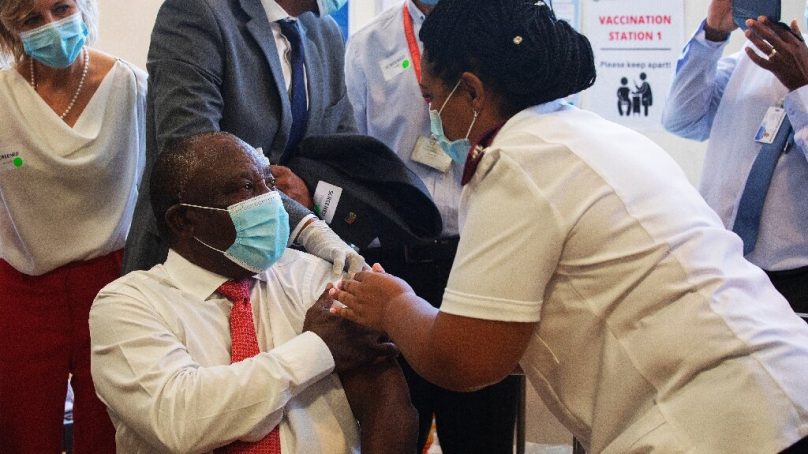

Moreover, the stigma associated with waste workers in India means they are often turned away from such facilities.Īny illness means visiting a drugstore, not a doctor, for medicine.
VACCINE SCAVENGERS FREE
To get the free vaccine from an overburdened public hospital, she would have to wait there for days, and each day away from work is one without food on the table. To earn enough to get one shot of the vaccine, she said she would have to collect and sell an additional 31 pounds of plastic bottles. Toxic runoff from the landfill infiltrates the groundwater, so she must spend 40 rupees (5 cents) per day on bottled water the rest of what she earns goes for food. That many of these workers in India belong to poor Muslim or Dalit communities, who once were known as 'œuntouchables' at the bottom of the country's caste system, adds a layer of prejudice. They often are already poor, moving to unfamiliar cities to eke out a living by sorting garbage, says Robin Jeffrey, a professor at the Institute of South Asian Studies at the National University of Singapore. The work is dangerous, and injuries are common, so governments have an incentive to not recognize them or provide benefits like health care, she said. In Mexico, scavengers help municipal workers on garbage trucks and often collect trash from neighborhoods not served by authorities.

There is no doubt that these people provide an essential service, says Louise Guibrunet, a researcher at National Autonomous University of Mexico who has studied the issue. At the Dandora landfill in Kenya's capital of Nairobi, some of the scavengers who are not eligible for a shot wear medical gear discarded by hospitals and health clinics, saying it especially protects them from the weather during the rainy season. Sanitation workers employed by local governments in South Africa and Zimbabwe are likely to be in line for the COVID-19 vaccine after health workers, unlike those who sort through the trash. Still, they are they not considered 'œessential workers' and thus are ineligible for vaccinations.īegum has started an online petition pleading for vaccines and asking, 'œAre we not human?' Chintan estimates that each year, those like her save the local government over $50 million and eliminate over 900,000 tons of carbon dioxide by diverting waste away from landfills. Manuwara Begum, 46, lives in a cardboard hut behind a five-star hotel in the heart of New Delhi and feels the inequity keenly. 'œIf they are not vaccinated, then the cities will suffer,' Mukherjee said. Few have their own protective gear or even clean water to wash their hands, said Chitra Mukherjee of Chintan, a nonprofit environmental research group in New Delhi. The pandemic has amplified the risks that these informal workers face. But unlike those municipal workers, they usually are not eligible for the coronavirus vaccine and are finding it hard to get the shots.


They are among the estimated 20 million people around the world - in rich nations and poor - who are pivotal in keeping cities clean, alongside paid sanitation employees.


 0 kommentar(er)
0 kommentar(er)
